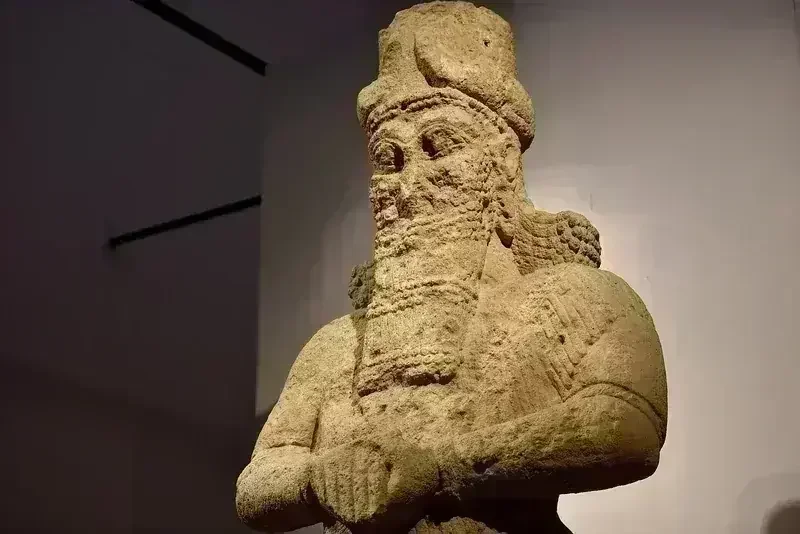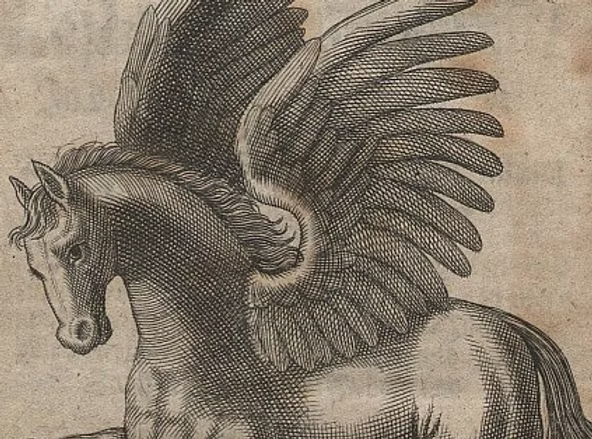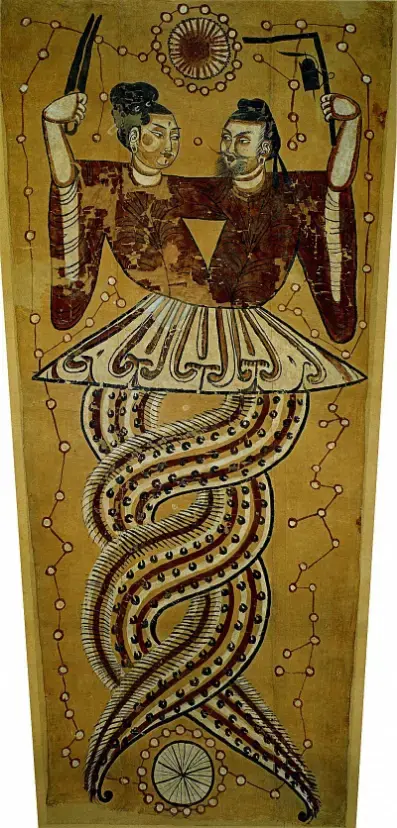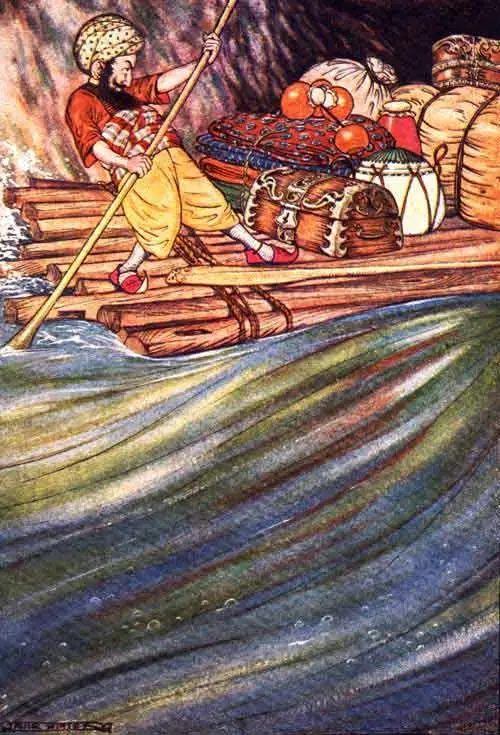Nabu

Nabu was the Babylonian deity who presided over literacy, scribes, wisdom, and the rational arts. In Babylonian astronomical tradition, he was linked with the planet Mercury. The name "Nabu" derives from the Akkadian word meaning "announcer" or "authorized person," sharing linguistic roots with terms for "prophet" in several Semitic languages including Hebrew, Arabic, and Syriac.
Both Babylonians and Assyrians venerated Nabu, with his prominence increasing significantly during the 1st millennium BC when he became recognized as the son of Marduk, the chief Babylonian god. Nabu's primary cult center was in Borsippa, near Babylon. During the New Year festival, his statue would be ceremonially transported to Babylon to honor his father Marduk.
His sacred symbols included a writing stylus on a tablet and a distinctive wedge shape, which appeared on King Nabonidus's royal scepter. Devotees would offer finely crafted clay tablets at Nabu's temples as tributes to his mastery of writing. His divine consort was the Akkadian goddess Tashmet.


